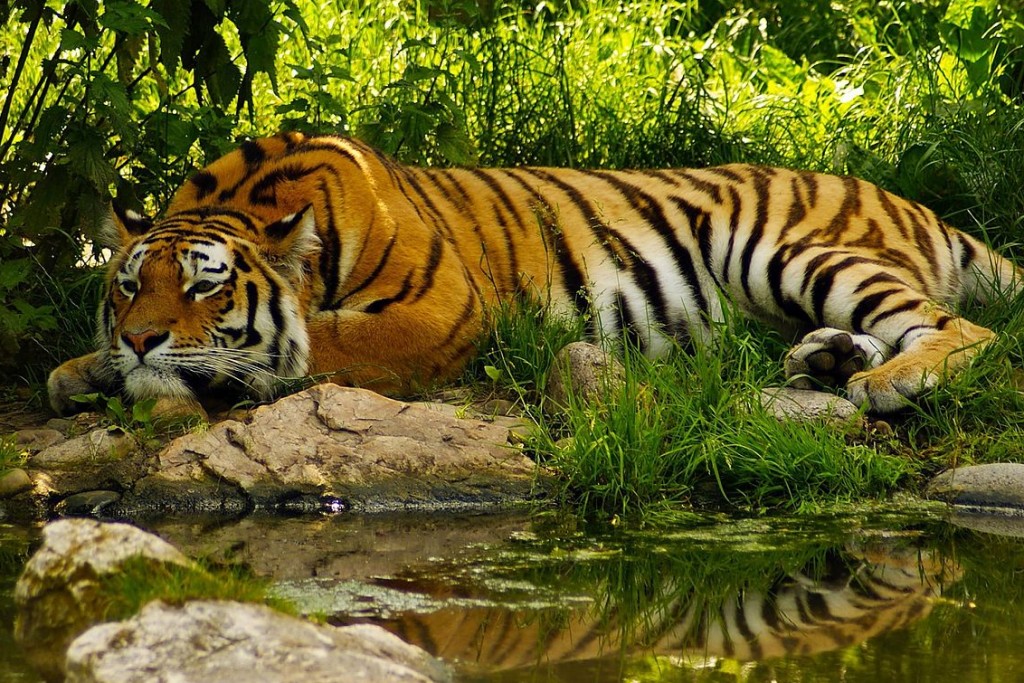
The University congratulates former Durrell Institute of Conservation and Ecology (DICE) PhD student Samia Saif on the publication of her research paper.
Samia Saif’s research, Who is killing the tiger Panthera tigris and why, was conducted at Kent under the supervision of Professor Douglas MacMillan and is published in the journal Oryx. It identified for the first time what motivates individuals in the Bangladesh Sundarbans into tiger killings and how understanding these motives could help tackle illegal poaching.
Her three-year study identified five groups (village residents, poachers, local hunters, trappers and pirates) that are responsible for killing tigers in a region where a once dense tiger population is now in decline.
Following a series of interviews with the five groups, she discovered that each group has its own different motives, methods and networks. Some, in response to an increase in the international commercial trade for tiger bones, are often driven by money as they are relatively very poor compared to city dwellers. This is largely responsible for a marked rise in opportunistic killings, leaving only an estimated 106 tigers now remaining in the area in contrast to a population of an estimated 300-500 in 2009.
Her research showed that in order to tackle illegal poaching, enforcement programmes are not enough to tackle the problem as rural development is urgently needed in the Sundarbans. With international aid, this could help improve the health and wellbeing of local people and could eradicate local demand for tiger medicine.
DICE, which is part of the University’s School of Anthropology and Conservation, is the largest academic institute dedicated to conservation in the UK. It has a long tradition of high-quality research among its members which makes for a strong research culture and a buoyant postgraduate community. The breadth of expertise within DICE enables it to provide research supervision on a very wide range of topics across the full spectrum of the disciplines of conservation biology, conservation social science, biodiversity management, sustainable tourism and sustainable resource use.
To discuss research opportunities with Professor Douglas MacMillan, please contact him by email.